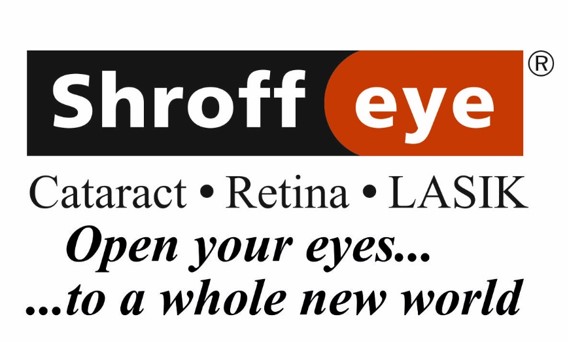Shroff Eye Hospital is India's First Eye Hospital accredited by the Joint Commission International (USA) since 2006. Shroff Eye is also India's first and only Wavelight Concerto 500 Hz LASIK center. Shroff Eye has stood for excellence in eye care since 1919. A firm commitment to quality is at the heart of all services provided at our centers at Bandra(W) and Marine Drive, Mumbai.
We must highlight the role of parents in helping their child choose, adjust and become comfortable with eye glasses or contact lenses.
While this article will highlight the important role parents play to their children with respect to vision, it will not concern itself to take a look at the vision impairments or problems that parents are faced with. Adult eye problems and vision impairments have been discussed in another, entirely different section.
Children firstly go to their parents, or their class teachers, to complain about one of the many common symptoms of what usually leads to myopia, hyperopia or astigmatism, or any other eye problem, for that matter.
Thus, parents are the ones who ensure that their child receives adequate and swift medical attention when such complaints arrive. They are then subsequently responsible for the frequent eye check ups and tests that are be conducted by a pediatric ophthalmologist.
From the very first day in the life of the child, a parent must be alert and responsible to notice if any problems, that the child might bring to light, or show symptoms of. It is a known fact that newborns are highly vulnerable to many eye disorders that can lead to impairing the chance of a normal life for a child. It may also lead to complications in the health and well-being of the child. Early detection and treatment is vital in this sense.
Thus, it is essential that parents take the responsibility to prevent any such symptoms from occurring. This can be done if parents take the child for eye tests and exams, whenever they are called for by an ophthalmologist. Parents can also ensure a clean, visually-stimulating surrounding for the child, as this is known to help in improving the visual acuity of the child.
At the school level, parents and teachers alike must watch out for signs that may lead to serious eye defects like strabismus (crossed-eyes), amblyopia (lazy eye) and convergence insufficiency. Parents must notice if the child’s eyes are working consistently, together, without developing binocular vision impairments like wandering eyes, deviating eyes and other problems relating to convergence.
The biggest hurdle that lies in detecting such problems or even the common ones like myopia and hyperopia is that children often are unsure and unable to describe the vision problems they begin facing.
In the case of prescriptive eye glasses, parents are often the ones who have to force their children into wearing them, as children are known to be fidgety with eye glasses. Parents are asked to be gentle in their approach, rather than forceful. Eventually, most children are known to adjust to wearing eye glasses as they help in clarity and lesser headaches for the child.
Contact lenses, on the other hand, are on the rise with respect to usage. They are, these days, preferred over eye glasses. Here, parents must play the vital role of informing their children of the importance of hygiene and safe usage of contact lenses. This proves to be a task sometimes as parents themselves are more used to the traditional eye glasses and would not consider using contact lenses themselves. But with passage of time, many from the older age bracket are beginning to open up to using contact lenses, indirectly influencing their children as well.






